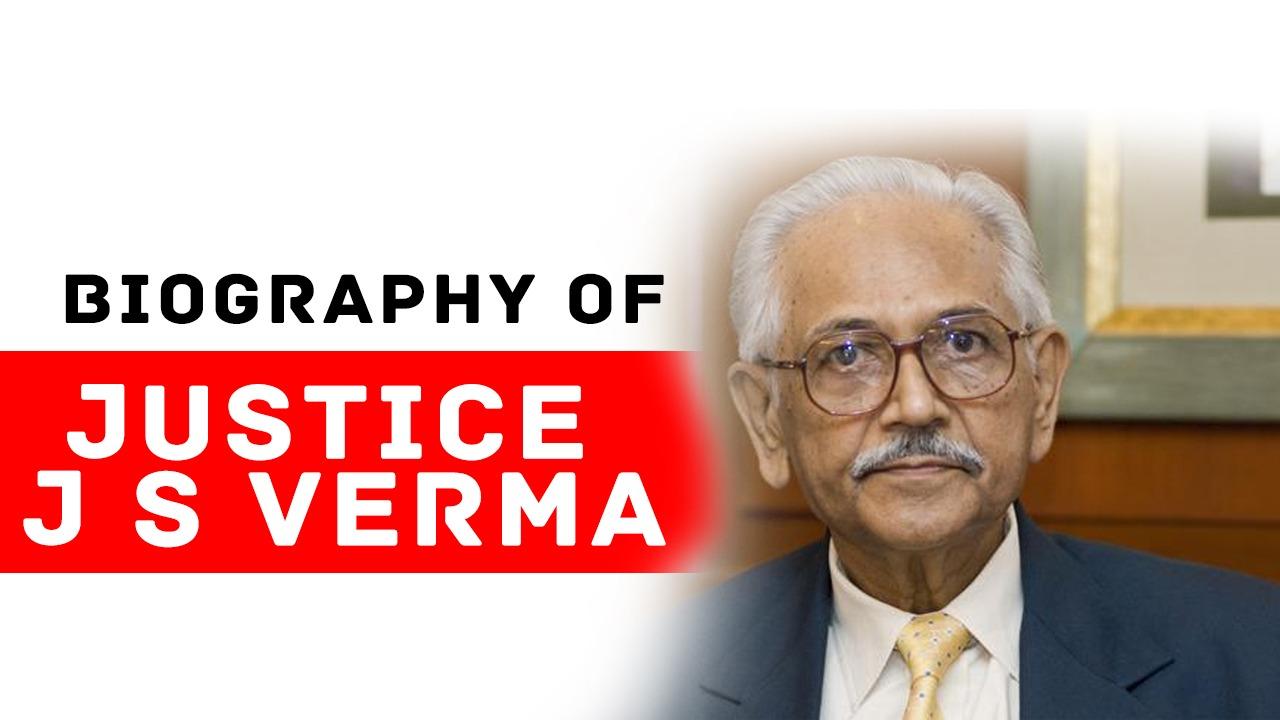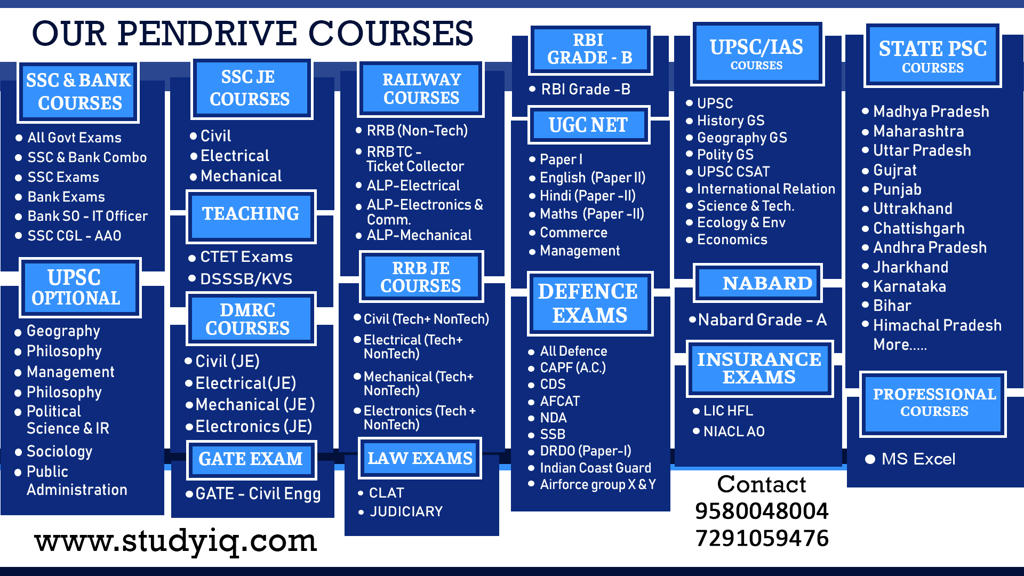Table of Contents
EARLY LIFE
- Jagdish Sharan Verma was born in Satna, Madhya Pradesh. He had six brothers and three sisters. He completed his early education at Venkat High School in Satna, followed by Government Jubilee Intercollege, Lucknow.
- He graduated from the University of Allahabad with a B.Sc and LL.B.He had two daughters with his wife, Pushpa.
COURT
- Verma began his legal career in 1955, and enrolled as an advocate in the Madhya Pradesh High Court in August 1959. He was appointed the judge there in June 1972.
- In the following year, he delivered a judgement arguing that a juvenile convicted of murder ought to be tried under separate procedures from an adult. This went on to form the basis for the Juvenile Justice Act in 1986.
- After the declaration of state of emergency in India, he was one of the first judges to reject the government’s proclamation that emergency took precedence over rights to life and liberty.
CHIEF JUSTICE OF INDIA
- He became Chief Justice of Madhya Pradesh High Court in June 1985 and also served as Chief Justice of Rajasthan High Court from September 1986 until his elevation to the Supreme Court in June 1989. He acted as the Governor of Rajasthan twice between 1986 and 1989.
- In June 1989, he was appointed as Judge of the Supreme Court of India, and became Chief Justice of India in January 1998. During his time in the Supreme Court, Justice Verma gave numerous landmark judgments
NOTABLE CASES
- VISHAKHA CASE
- S.R BOMMAI V UNION OF INDIA AIR 1994 SC 1918
- AYODHYA JUDGEMENT
- HINDUTVA
- JAIN HAWALA CASE
CONSCIENCE KEEPER
- Justice Verma is remembered as the judiciary’s conscience keeper for his “restatement of values of judicial life.“
- This was as a code of ethics for the judiciary in India that he instigated while Chief Justice. This was ratified and adopted by the Indian Judiciary in the Chief Justices’ Conference 1999.
- The goal was to create a resolution which would bind the judiciary for the purposes of independence, integrity, accountability, honesty and transparency. The “Restatement of Values” is meant to be an illustrative (not exhaustive) declaration of what is expected of a Judge.
NHRC
- Justice Verma served as the Chairman of the National Human Rights Commission (NHRC) from 4 November 1999 to 17 January 2003.
- He is known for having ‘set the stage’ for justice in the 2002 Gujarat Violence. On 1 April 2002 Justice Verma recommended a CBI probe into the following five cases after taking the view that investigations were being hampered by extraneous considerations and people.
JUSTICE VERMA COMMITTEE
- In the aftermath of the 2012 gang rape in Delhi, Justice Verma was appointed chairperson of a three-member commission tasked with reforming and invigorating anti-rape law.
- The Committee adopted a multidisciplinary approach interpreting its mandate expansively. The Report deals with sexual crimes at all levels and with the measures needed for prevention as well as punishment of all offences with sexual overtones that are on affront to human dignity.
- The comprehensive 630 page report, which was completed in 29 days, was lauded both nationally and internationally.
DEATH
- Verma died from multiple organ failure on 22 April 2013 at Medanta Hospital, Gurgaon at the age of 80. He was survived by his wife and two daughters.
- Justice Verma is remembered for his legal innovation and firm commitment to women’s empowerment, accountability of judiciary and government, probity in public life, social justice and secularism
Biography Free PDF






















 WhatsApp
WhatsApp